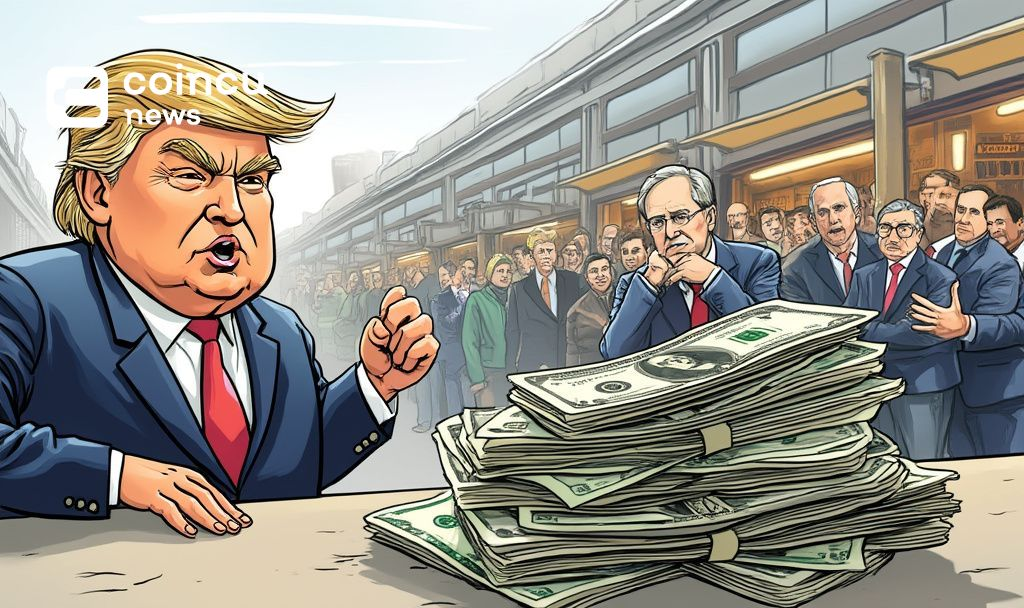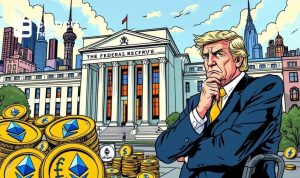- Trump reaffirms reciprocal tariffs; Israel to reduce trade deficit.
- EU proposed mutual exemptions but was rejected by Trump.
- Global markets react with mixed sentiments amid trade tensions.

On April 7, U.S. President Trump announced he would not pause the reciprocal tariff policy following a meeting with Israeli Prime Minister Netanyahu at the White House.
The decision continues to drive uncertainty in international trade, affecting negotiations with major economies like the EU and Israel.
Trump’s Tariff Strategy Challenges Global Trade Partners
Trump reaffirmed the United States’ commitment to tariffs aimed at balancing international trade on April 7. Meeting with Israeli Prime Minister Netanyahu, he noted that current policies are designed to encourage reciprocal trade practices. Netanyahu highlighted goals to reduce Israel’s trade imbalance with the U.S., a nation holding a $7.4 billion surplus.Trump rejected the EU’s proposal for mutual tariff exemptions, suggesting current offers are inadequate. The U.S. tariffs, impacting goods and services from various economies, emphasize the drive toward more balanced trade agreements.
The United States remains steadfast in its pursuit of fair and reciprocal trade agreements. We will not suspend tariff measures while negotiating trade concerns. — Donald Trump, President of the United States
Economies and markets are watching for repercussions. Trump’s policy signals a potential increase in trade costs for specific products, with officials watching how actions unfold post negotiations. The EU, China, and Japan remain pivotal players in this international discourse.
Historical Influence and Future Economic Implications
Recent tariffs echo historical precedents seen in Trump’s first term, such as the Section 232 tariffs on steel and aluminum. These strategies have influenced global trade dynamics and may reshape existing international agreements.
Economic consequences of these tariffs could be substantial. Anticipated revenue of approximately $3.1 trillion reflective of tariffs might expand or reduce depending on negotiation outcomes. International relationships may strain, opening new pressures in both trade policies and market alignments.























